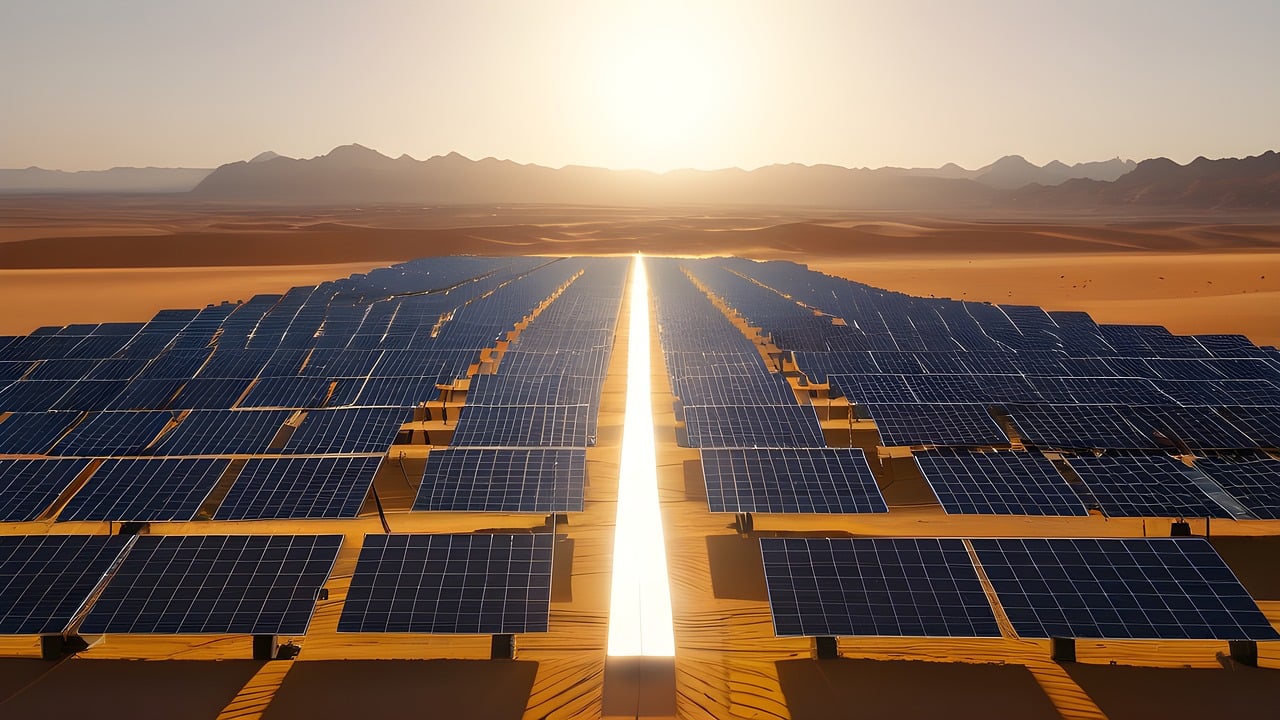

Indice
Generation Z, Gen Z, Centennials, iGen, Digitarians, Plurals, Post-Millennials, Zoomers: there are many ways to define the generation of people born after the mid-1990s of the 20th century and by two thousand and ten. Animated by a strong skepticism toward traditional institutions held responsible for the environmental crisis, they are the generation of people most active in seeking solutions for social and ecological sustainability.
In this insight we will provide you with an overview of the current situation on the attention young people pay to social and environmental, including from different countries.
The term sustainability has roots dating back to the 1970s, but its modern definition took shape with the Brundtland Report, published in 1987 by the United Nations World Commission on Environment and Development. The document defined sustainability as the ability to "meet the needs of the present without compromising the ability of future generations to meet their own." Since then, the issue has become global in scope and has expanded to encompass social justice and economic development. Today it aims to address challenges such as global warming, pollution, and economic inequality and is a topic of interest for innovative environmental policies, conscious lifestyles, and economic approaches that emphasize circular resource use and waste reduction.
The concept of sustainability is based on four basic pillars, which are the key aspects of balanced development:
Generation Z has demonstrated a particularly strong commitment to sustainability, differing from previous generations in their ability to act consciously. Composed of people who grew up in an era of increasingly evident environmental crises, they have a greater awareness of the role that human actions play in the deterioration of the planet. Then again, sustainability and youth are closely linked, as choices made today directly affect their future. Unlike previous generations, who may have viewed environmental problems as distant issues, Generation Z youth see the results of climate change in their present. Just think of extreme weather events, record high temperatures and increasingly frequent natural disasters. This prompts them to be more politically and socially active, for example with movements such as Fridays for Future, led by Greta Thunberg, which has brought millions of young people around the world to demand concrete action to stop the climate crisis.
Even in their daily lives, young people demonstrate their commitment to a sustainable future by opting for purchases from environmentally friendly companies, low-impact diets such as vegetarian or vegan, and reduced consumption of single-use plastics.
The reason why Generation Z shows a marked sensitivity to sustainability can be traced to several factors. First, today's youth have grown up in an environmentally emergency context. Unlike their predecessors, who lived in periods of economic growth without significant attention to ecological issues, they have been exposed from childhood to news about climate change, biodiversity loss, and the natural resource crisis.
Another determining factor is the unprecedented access to information. Social media and digital platforms have made kids of this generation aware of global issues.
Despite such positive premises, it cannot be omitted that sometimes the desire for change and to make a difference is held back by the negative emotions, frustration and sense of powerlessness that accompany this segment of the world's population. In fact, the climate crisis also affects the emotional well-being of young people and the growth of their emotional stress - it is also referred to as "eco-anxiety."
There are significant geographical and cultural differences in the approach to these issues, influenced by economic, political and social factors.
Generation Z is emerging as one of the most powerful forces in promoting sustainability. With their passion and determination, today's youth are redefining the meaning of sustainable development, embracing a more conscious approach to the future. Through their ability to mobilize and influence change, they have the potential to lead the world toward a more environmentally friendly tomorrow.

Lascia un commento
Comments